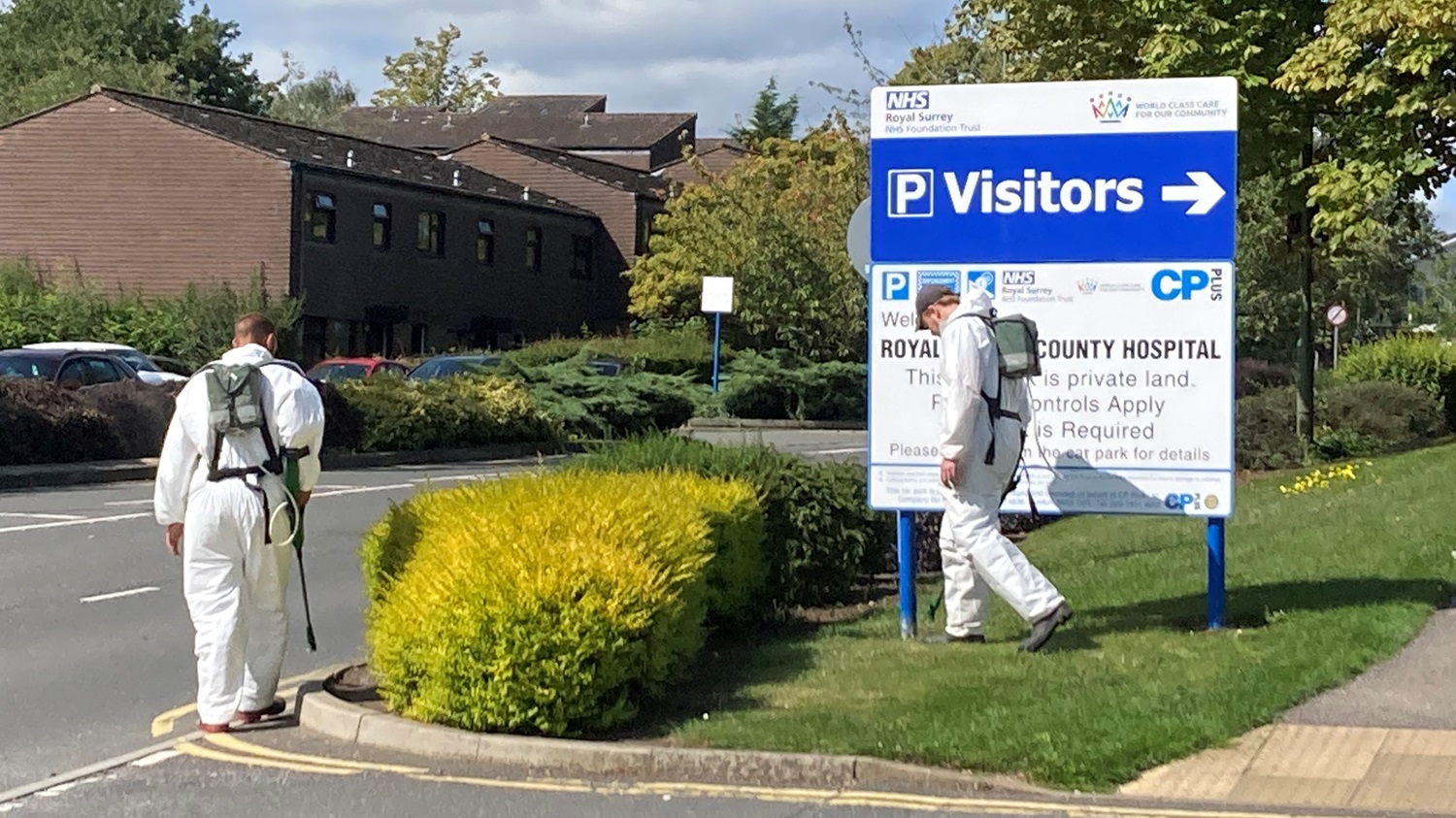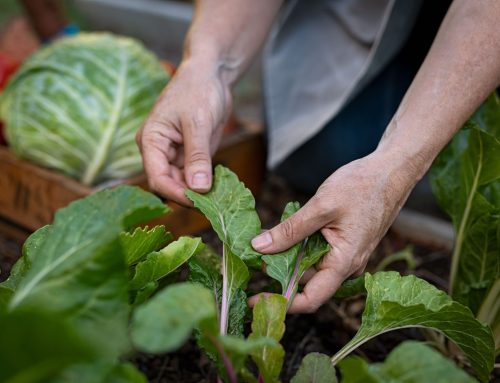What now for your Pesticide-Free Towns Campaign?
Councils are receiving less funding, and their budgets and services are being cut. Six councils, including Birmingham and Nottingham have declared bankruptcy, and many more might follow. Most recently, Havering Borough Council revealed that they would need to file for bankruptcy if they did not receive an injection of funding.
With these constraints in place, councillors and council officers are not always open to hearing residents’ concerns. How can you navigate these difficulties as a Pesticide-Free Towns campaigner?
It’s important that we still work together to shape what we want our neighbourhoods to look like. There are ways to move forward:
Turn the problem into an opportunity
- If you have an ally in the council, reach out and emphasise the extent to which going pesticide-free can be a money saving initiative.
- If the council had previous commitments to reduce their use of pesticides or had gone pesticide-free, try to find out (through an ally in the council, or by submitting a question to a committee for example) if those plans are still in place. If not, find out if any initiatives in the plan can be salvaged, for example street weeding schemes or adopting tree pits, to relieve pressure on the council’s services.
Shift your focus
- If you are unable to communicate with your council, it might be best to turn your attention to other local land managers and encourage them to go pesticide-free (e.g. school and university grounds, hospitals, public gardens etc.)
- Spend the time collecting public support, petition signatures for example, which can then be handed in to the council once its back on its feet.
- Rally your community to take action by setting up weeding groups, and encouraging interest in urban nature around your neighbourhood. This will also be proof that your community wants the council to go pesticide-free once things have settled.

Workers spraying pesticides around the grounds of Guildford Hospital – Credit Fiona Scimone
Reboot relations
- The council is likely to bounce back eventually and if you are prepared you can offer a new way forward. For example, Croydon filed for bankruptcy in November 2022, but following some time to recoup, Croydon Climate Action campaigners managed to set up meetings with the council and PAN UK to find a new way forward in reducing pesticides on their streets.
- If there are elections coming up, you can also plan a campaign to prime and introduce the issue to a new administration.
It might take more time and a change in strategy, but there is always something that can be done.





